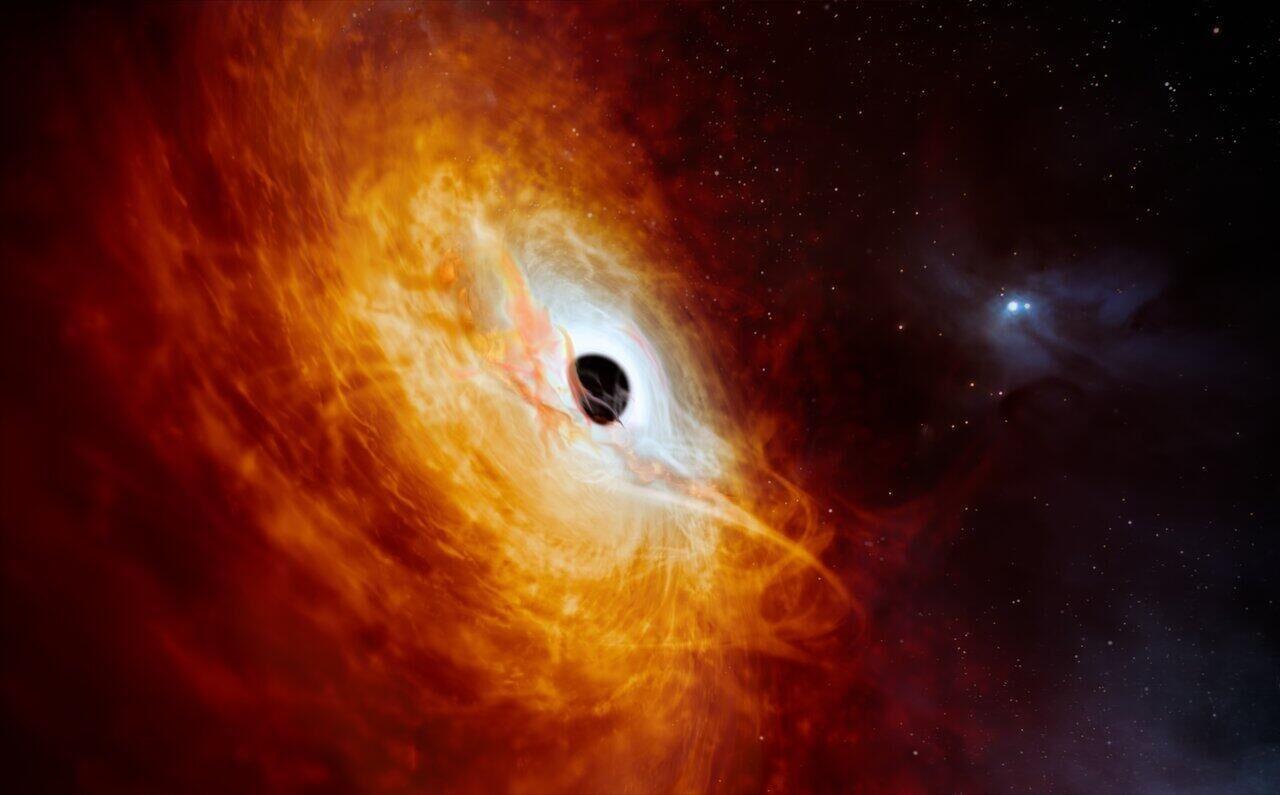Africa-Press – Liberia. Scientists have long pondered the mechanisms behind the eventual demise of galaxies, with prevailing theories pointing to environmental factors such as supermassive black holes or stellar interactions. A recent discovery of the oldest “dead” galaxy has, however, challenged these ideas, offering new insights into cosmic evolution.
A groundbreaking discovery has emerged from the depths of space as astronomers unearthed what could be considered the universe’s most ancient relic: a “dead” galaxy known as JADES-GS-z7-01-QU.
This celestial marvel, existing a mere 700 million years after the universe’s birth, offers a profound glimpse into the cosmos’ early evolution.
The galaxy’s sudden halt in star formation, almost as swiftly as its birth over 13 billion years ago, has left researchers perplexed. The phenomenon challenges prevailing theories, which typically attribute such cessation to environmental factors like supermassive black holes or stellar interactions.
Lead study author Tobias Looser from the University of Cambridge’s Kavli Institute for Cosmology highlighted the galaxy’s unique characteristics. “It’s (usually) only later in the universe that we start to see galaxies stop forming stars,” Looser explained, indicating the uncommon nature of this early galaxy’s demise. The study was published in the journal Nature.
The observations made by the James Webb Space Telescope have provided unprecedented insights into the galaxy’s history. JADES-GS-z7-01-QU experienced a short burst of star formation lasting between 30 and 90 million years before abruptly ceasing to produce stars.
Furthermore, the galaxy’s low mass, akin to the Small Magellanic Cloud near the Milky Way, adds another layer of intrigue. Previous encounters with “dead” galaxies primarily involved larger cosmic entities, making JADES-GS-z7-01-QU a unique specimen worthy of further investigation.
As astronomers continue to unravel the mysteries of the early universe, the discovery of JADES-GS-z7-01-QU stands as testament to the complexities of galactic evolution. With each observation, scientists edge closer to understanding the enigmatic forces shaping our cosmic landscape.
For More News And Analysis About Liberia Follow Africa-Press






